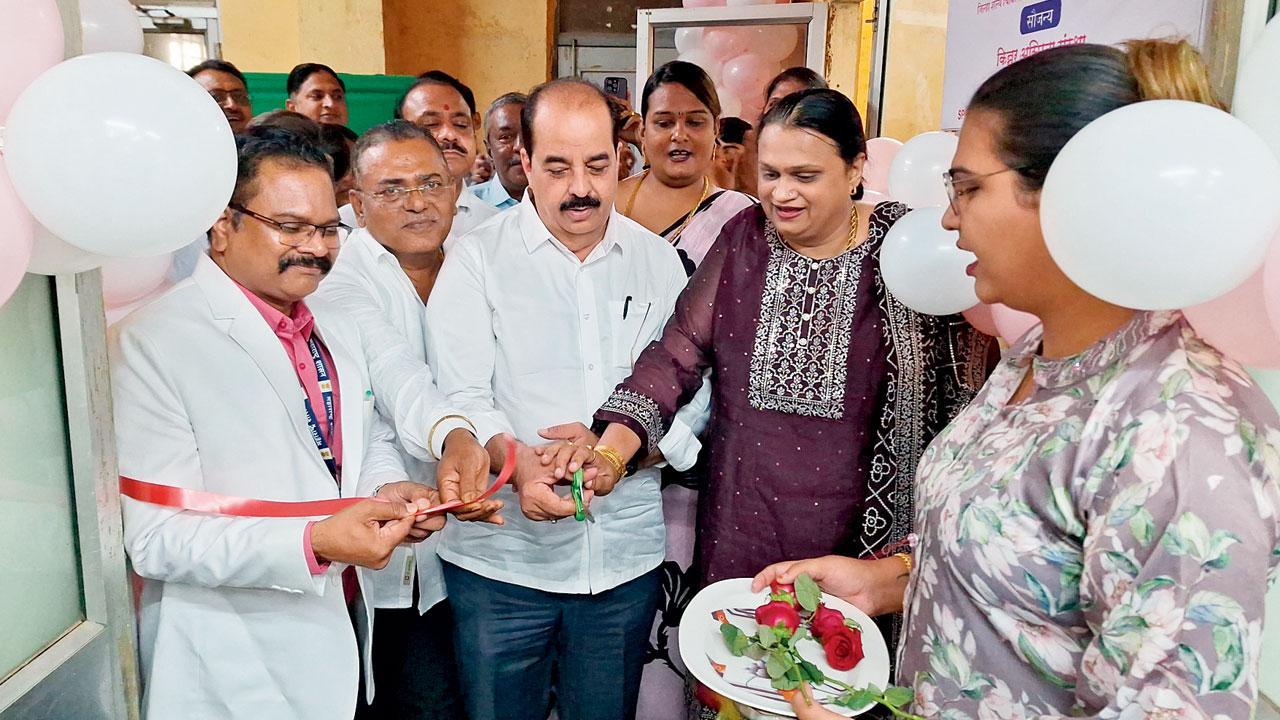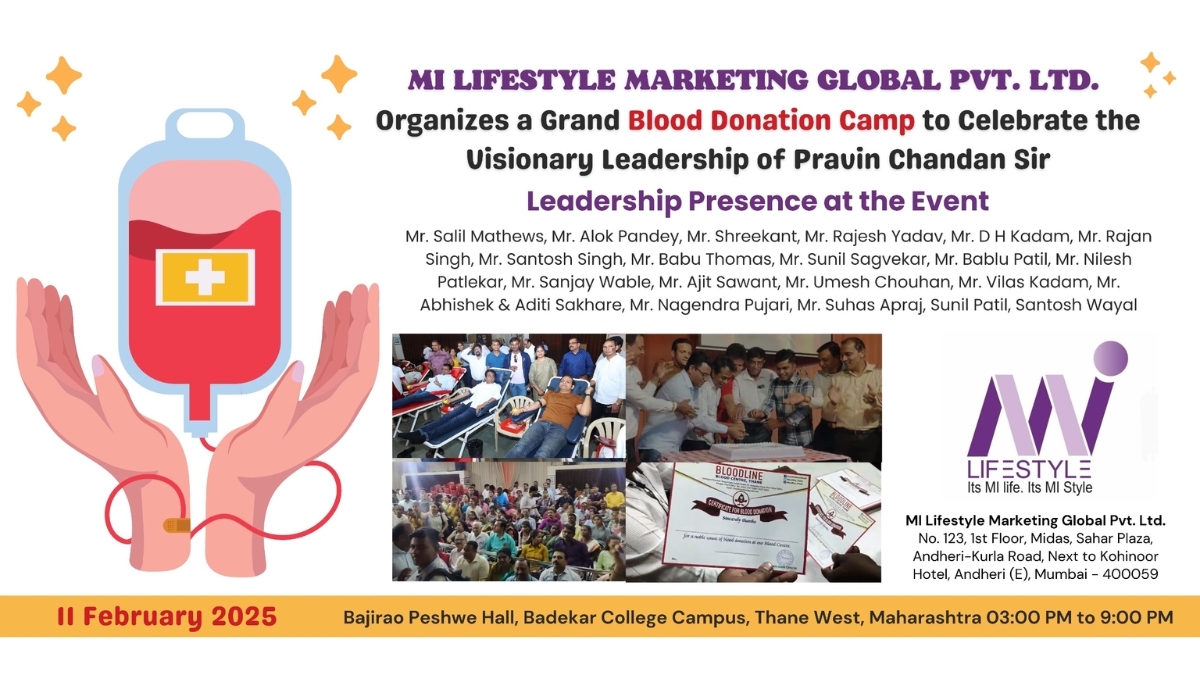Mumbai: Ulhas hospital gets a ward for transgender persons

Ulhasnagar’s Central Hospital marked a significant step forward by inaugurating a dedicated ward for the transgender community on December 9. This new facility will ensure the transgender community receives proper and affordable healthcare at government hospitals.
I encountered health issues, including a severe urinary infection. When my community took me to the government hospital, confusion arose as the ward staff debated whether to admit me to a male or female ward. Such confusion is natural, but it prompted us to advocate for a separate ward catering to the transgender community. After five years of hard work, we’ve succeeded in establishing this much-needed separate ward. However, there’s still a long road ahead,” a transgender told mid-day.
Kinnar Asmitha, an organisation dedicated to the welfare of the transgender community, had been long pursuing the demand for a dedicated ward in the government hospital. “We have limited acceptance from society. After five years of advocacy, the dean of the hospital Dr Manohar Bansode finally agreed to establish this ward,” said Neeta Kene, a member of Kinnar Asmitha.
The newly inaugurated ward comprises six beds and is equipped with comprehensive medical facilities. “In response to the community’s demand for a separate ward, we decided to allocate six beds, including one with oxygen support and another with a ventilator. Although presently unoccupied, the ward is fully functional and equipped with essential medical resources,” said Dr Bansode.
“Given the lack of acceptance and challenges faced by the transgender community, creating a separate ward was necessary. Patients might have faced discomfort and privacy concerns if accommodated in regular wards. Our commitment is to provide excellent medical care to everyone,” he said.
Kene said the necessity of a separate ward in the hospital was primarily due to lack of acceptance by society. “When placed in male wards, patients faced derogatory comments and stares. Similarly, in female wards, women felt discomfort in our presence. To avoid such situations, patients were sometimes transferred to private hospitals, incurring significant expenses,” she said.
Speaking with mid-day, Simran Singh, a Kinnar Asmitha member, expressed gratitude for the establishment of the ward. “Our community encounters various urinary issues, including common problems like urea imbalance and specific complications post-sex change operations. We’ve requested the hospital to arrange a weekly visit by an urologist to address these concerns,” she said.
Kene said, “While acceptance is crucial, this initiative marks a positive step towards better living conditions. We’re currently engaging with the hospital to arrange visits from specialist doctors, educate people about sex change operations and provide adequate post-operative care.”
6
No of beds in the ward

Atul Tiwari is a seasoned journalist at Mumbai Times, specializing in city news, culture, and human-interest stories. With a knack for uncovering compelling narratives, Atul brings Mumbai’s vibrant spirit to life through his writing.





